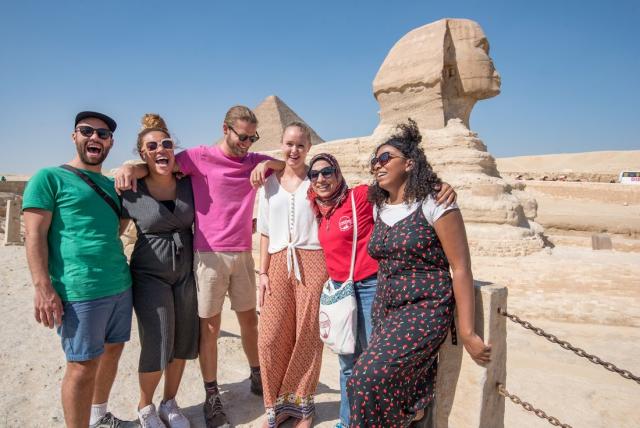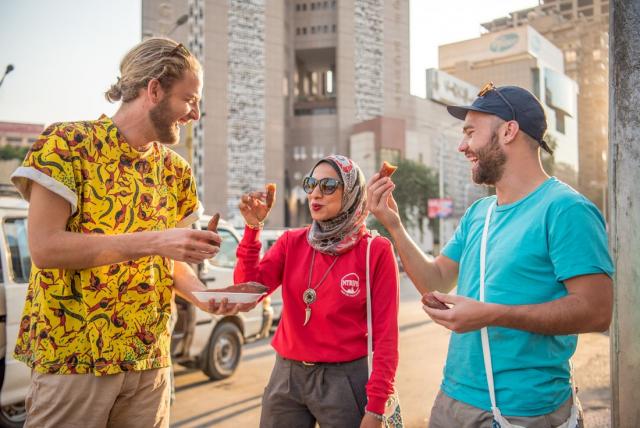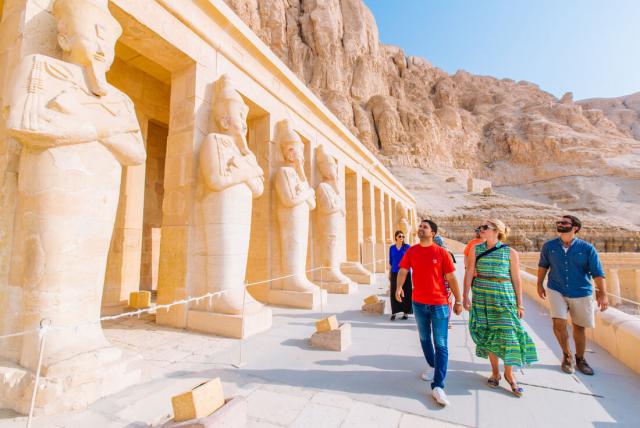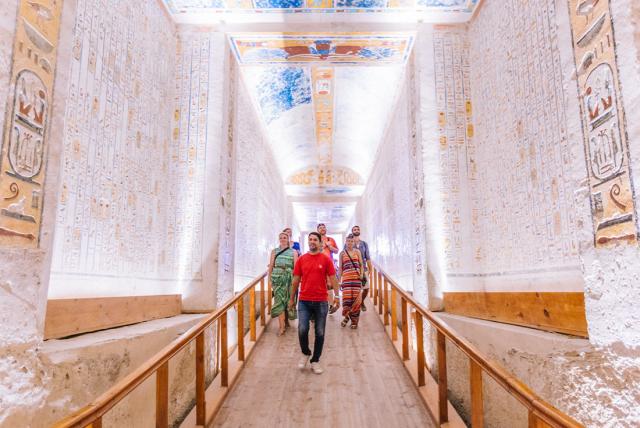Cookie Policy | Privacy Policy | Booking Conditions | SMS | Site Map
Turkey is a transcontinental country located in both Europe and Asia, with a total area of 783,562 square kilometers. The country has a varied topography, with mountainous regions in the north and west, and flat plains in the central and southeastern regions. The country is surrounded by four seas: the Black Sea to the north, the Mediterranean to the south, the Aegean to the west, and the Sea of Marmara to the northwest.
Turkey has a population of approximately 84 million people, making it the 18th most populous country in the world. Most of[...]
Turkey is a transcontinental country located in both Europe and Asia, with a total area of 783,562 square kilometers. The country has a varied topography, with mountainous regions in the north and west, and flat plains in the central and southeastern regions. The country is surrounded by four seas: the Black Sea to the north, the Mediterranean to the south, the Aegean to the west, and the Sea of Marmara to the northwest.
Turkey has a population of approximately 84 million people, making it the 18th most populous country in the world. Most of the population is in urban areas, with Istanbul being the largest city and economic hub.
Turkey has a mixed economy, with services, industry, and agriculture being the main sectors. The country has a diverse economy, with a focus on manufacturing, textiles, food processing, and construction. Turkey is also a major producer and exporter of agricultural products such as hazelnuts, cherries, and figs.
Turkey is a parliamentary representative democratic republic. The President is the head of state, while the Prime Minister is the head of government. The country has a multi-party system, with the Justice and Development Party (AKP) currently in power.
Turkey has a rich cultural heritage that spans thousands of years, with influences from ancient civilizations such as the Greeks, Romans, and Ottomans. Turkish culture is renowned for its traditional music, dance, literature, and art. Turkish cuisine is also known for its diverse flavors and use of spices.
Most of the population in Turkey is Muslim, with Sunni Islam being the predominant denomination. However, the country has a secular government and provides freedom of religion to its citizens.
Turkey is a popular tourist destination, with a wealth of historical and cultural attractions such as the Hagia Sophia, Top Kapi Palace, and the ruins of Ephesus. The country also boasts a beautiful coastline along the Mediterranean and Aegean Seas, with popular destinations such as Antalya, Bodrum, and Fethiye.
Overall, Turkey is a country with a rich history and culture, a diverse economy, and a welcoming population that embraces its visitors.
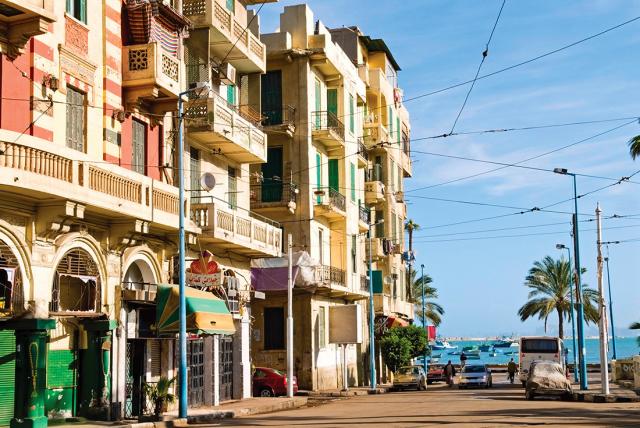
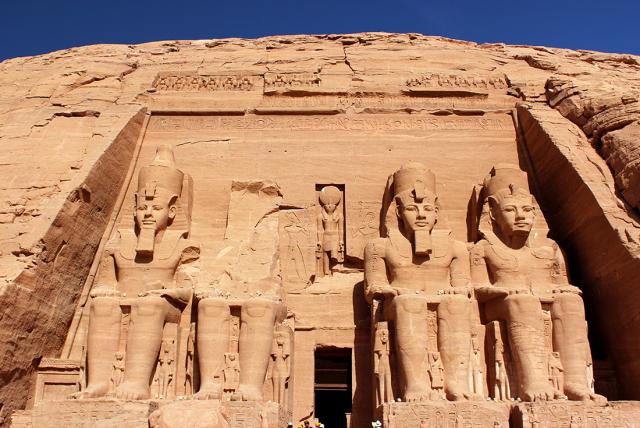
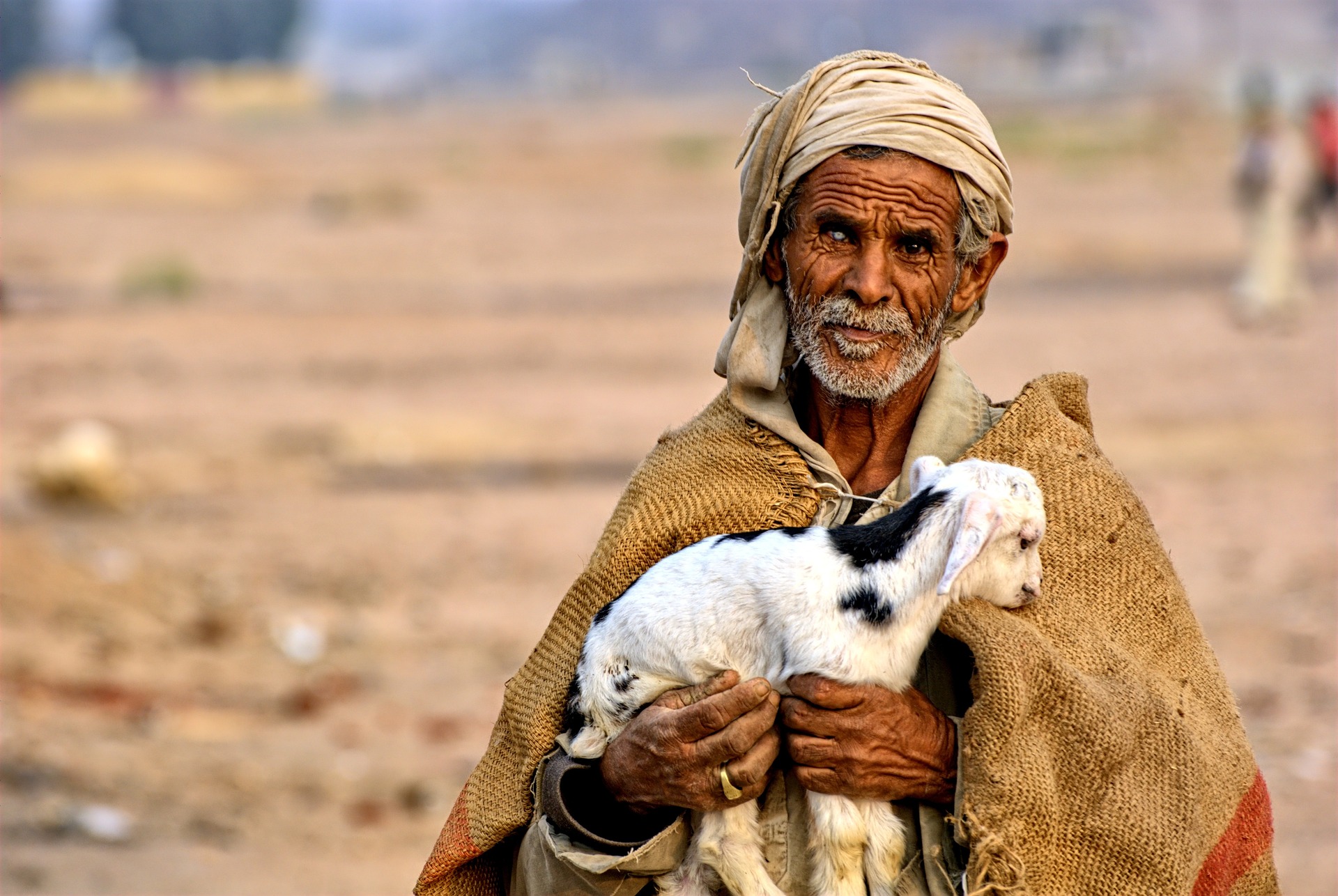
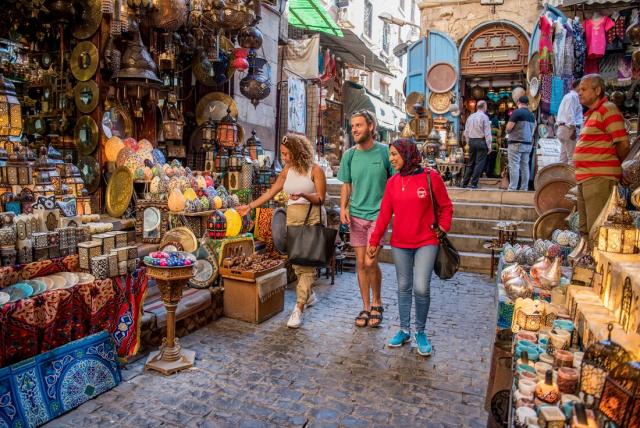
Turkey

